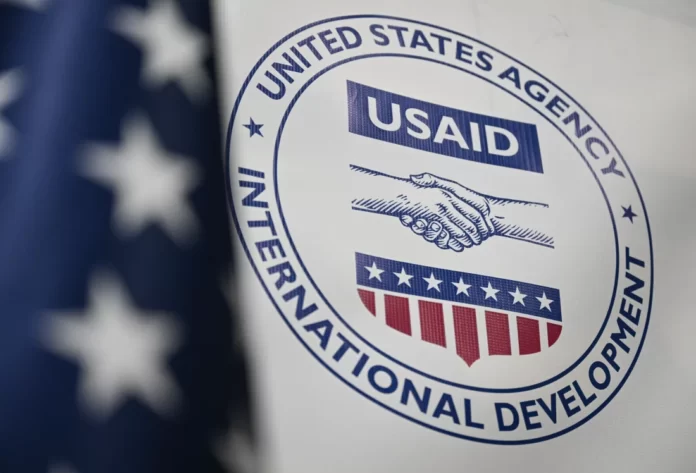Pakistan has long welcomed international support for development. But behind the promises of progress, many foreign-funded international NGOs (INGOs) have exploited the system, operating unchecked, evading regulations, and pursuing agendas that do little to serve Pakistan’s real needs.
The recent U.S. Executive Order 14169, signed by President Donald Trump, triggered a global review of foreign aid programs—leading to the suspension of USAID-funded projects in Pakistan. While this has disrupted several initiatives, it has also exposed deeper flaws in how aid is managed and misused—especially by INGOs operating with little to no oversight.
What’s worse is that these INGOs are accused of misusing donor funds under the guise of tobacco control while ignoring the rampant illicit cigarette trade that costs Pakistan over PKR 300 billion annually in lost taxes. Critics allege that rather than protecting public health, these organizations helped create space for black-market networks to thrive.
This isn’t the first time INGOs have come under fire. In 2015, Save the Children was barred from operating in Pakistan over suspected links to foreign intelligence. While the ban was eventually lifted, suspicions linger, reinforcing concerns about INGOs pursuing objectives beyond their stated missions.
These unchecked activities pose serious risks—not just to economic integrity but to national security. Experts warn that continued financial irregularities by INGOs could have jeopardized Pakistan’s standing with the Financial Action Task Force (FATF), risking a return to the grey list and damaging investor confidence.
Pakistan is no longer willing to be a playground for foreign actors operating under loose accountability. Aid should empower, not interfere. INGOs must be transparent, legally compliant, and aligned with Pakistan’s priorities. Anything less undermines our sovereignty and slows real development. Pakistan has the talent, expertise, and vision to shape its own future. What it needs is fair partnership—not exploitation dressed as aid.




